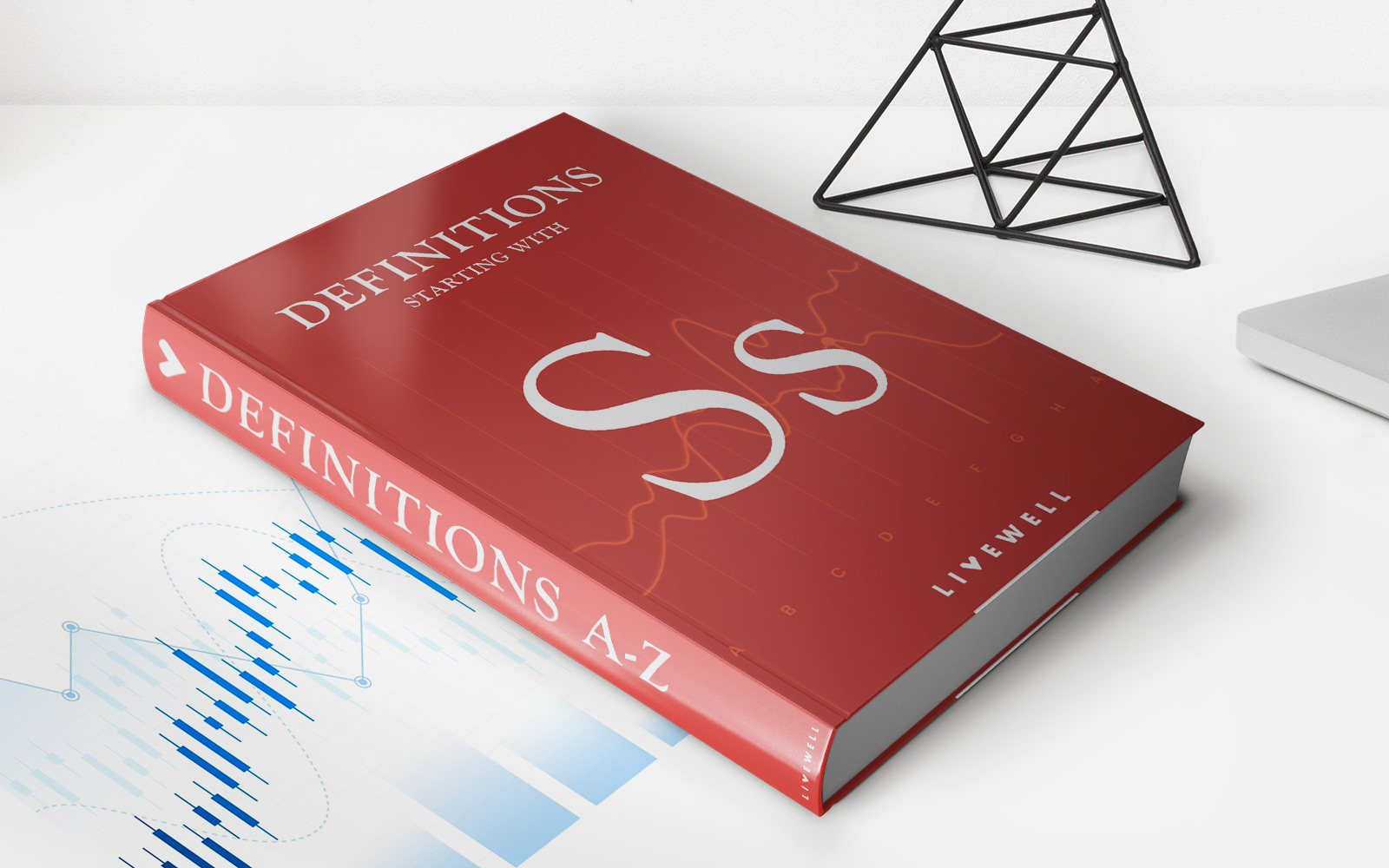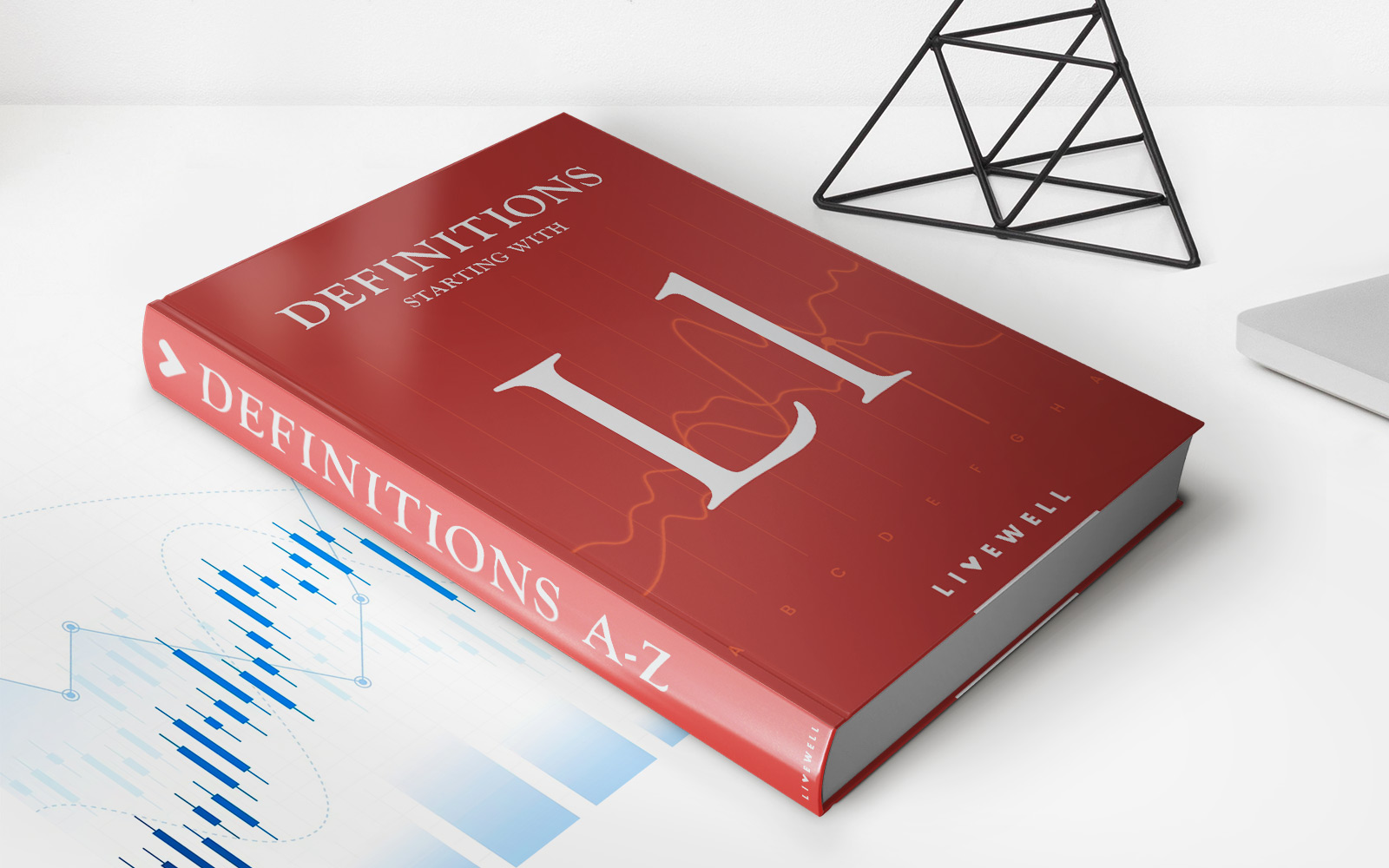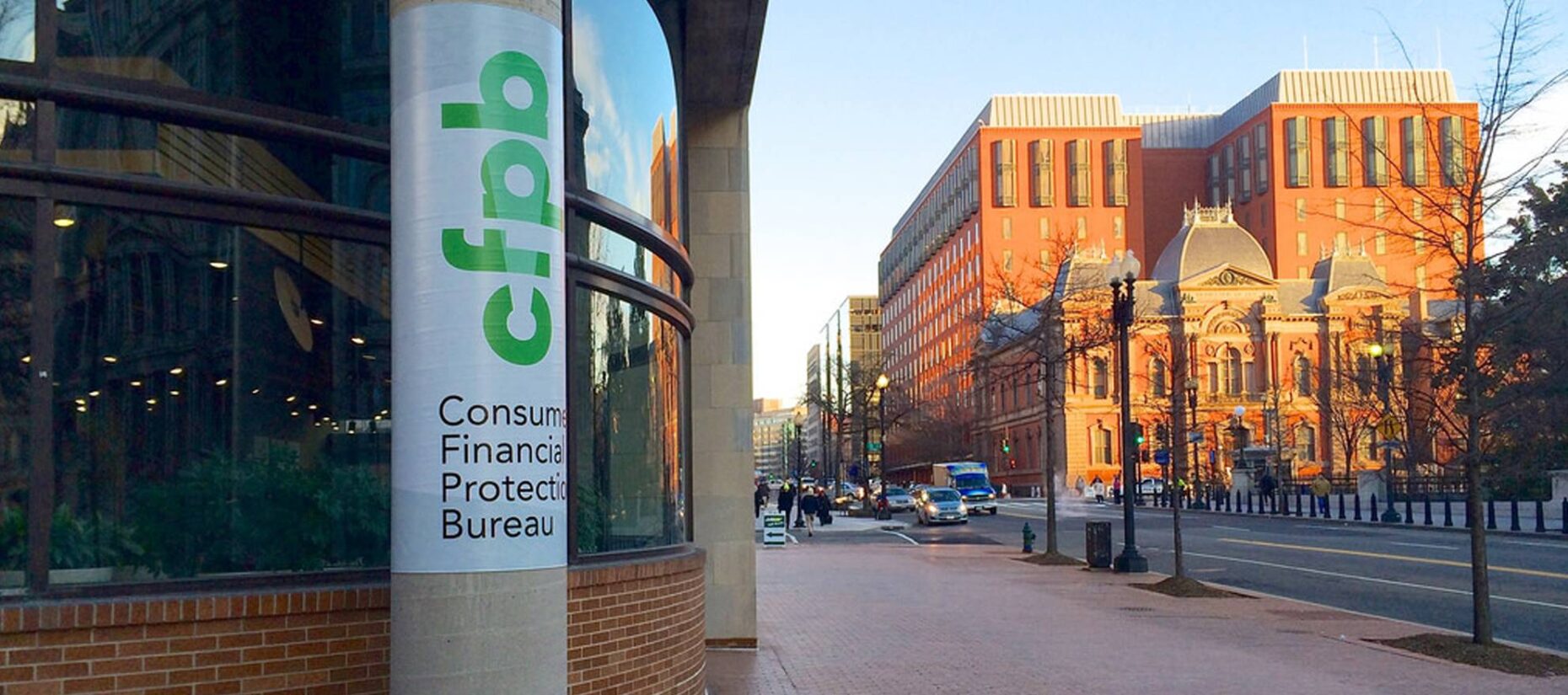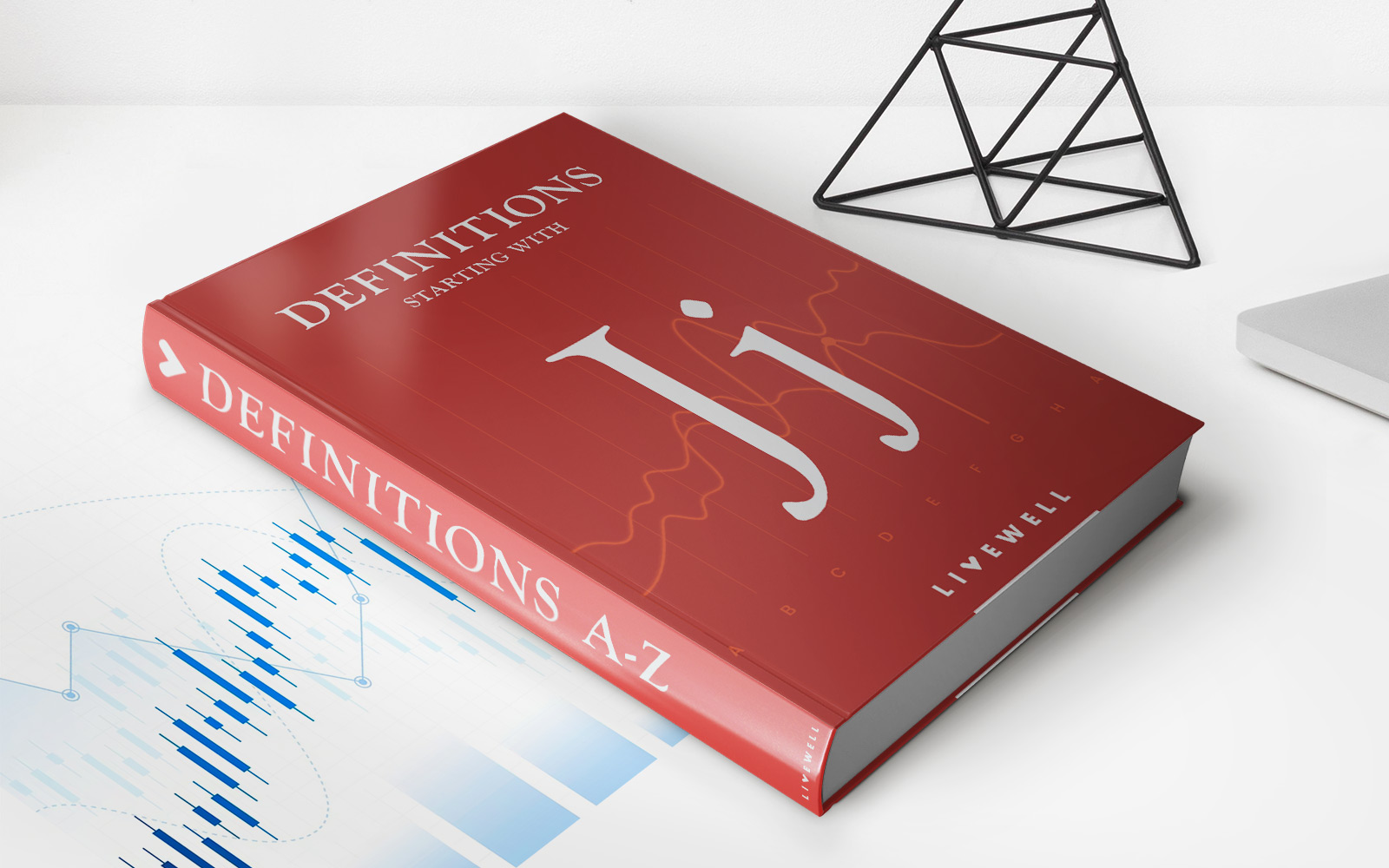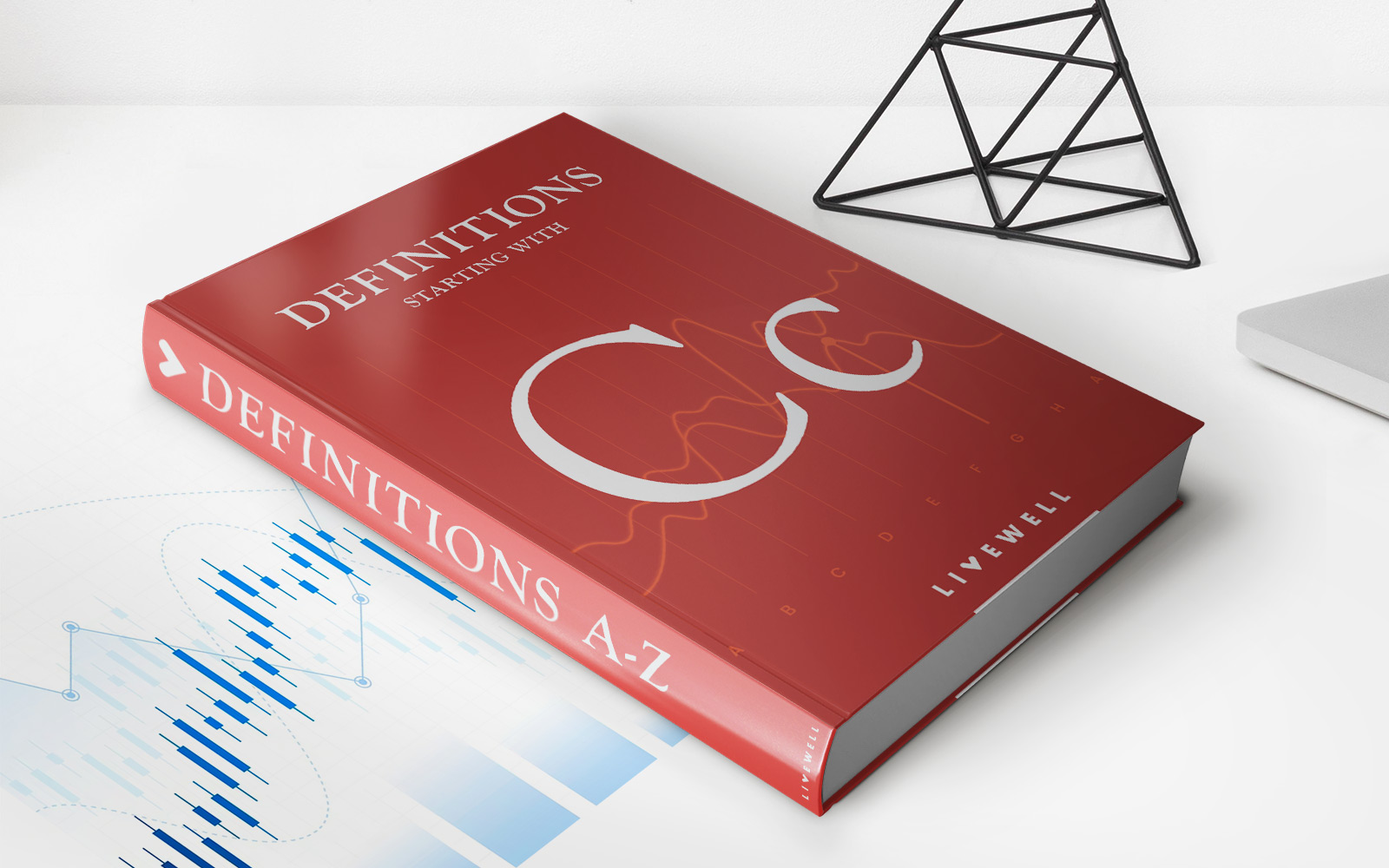Home>Finance>Patriot Act: Definition, History, And What Power It Has


Finance
Patriot Act: Definition, History, And What Power It Has
Published: January 6, 2024
Learn the definition and history of the Patriot Act and understand the power it wields in the world of finance.
(Many of the links in this article redirect to a specific reviewed product. Your purchase of these products through affiliate links helps to generate commission for LiveWell, at no extra cost. Learn more)
The Patriot Act: Safeguarding National Security or Infringing on Civil Liberties?
When it comes to national security, finding the right balance between protecting citizens and preserving civil liberties is a complex challenge. One legislation that has been at the center of this debate is the Patriot Act. In this article, we will explore the definition, history, and the powers of the Patriot Act, shedding light on its impact on our society.
Key Takeaways:
- The Patriot Act was signed into law by President George W. Bush on October 26, 2001, in response to the 9/11 terrorist attacks.
- Enacted to enhance United States counterterrorism efforts, the Patriot Act expands the powers of law enforcement agencies in the name of national security.
Now, let’s delve into the world of the Patriot Act and gain a deeper understanding of its significance.
What is the Patriot Act?
The Patriot Act, short for the “Uniting and Strengthening America by Providing Appropriate Tools Required to Intercept and Obstruct Terrorism Act,” is a federal law that was passed in the aftermath of the September 11th terrorist attacks. Designed to enhance the powers of law enforcement agencies, it aimed to prevent future acts of terrorism on American soil.
Under the Patriot Act, various provisions were implemented to empower intelligence agencies to gather information more efficiently and counter potential threats. This included expanded surveillance powers, the sharing of intelligence between agencies, and the ability to monitor communication activities, such as phone calls and emails, without obtaining traditional search warrants.
The History of the Patriot Act
The Patriot Act was drafted and passed swiftly in response to the 9/11 attacks, with the aim of strengthening national security efforts. It was signed into law by President George W. Bush on October 26, 2001, just over a month after the tragic events that shook the nation.
The Act garnered support from both political parties in the wake of the attacks, as the priority was to prevent further acts of terrorism and protect national security. However, critics raised concerns about the potential violation of civil liberties and the potential for abuse of power by law enforcement agencies.
Over the years, the Patriot Act has faced significant scrutiny and has been both challenged and amended by lawmakers and civil liberty advocates due to privacy concerns. Balancing security needs with individual rights remains an ongoing discussion and challenge for lawmakers and the public alike.
What Power Does the Patriot Act Have?
The Patriot Act grants federal law enforcement agencies significant powers to investigate and prevent potential acts of terrorism. Some of the key powers under the Act include:
- Surveillance: The Act allows the government to conduct surveillance activities on suspected terrorists and their associates, including monitoring their communications, tracking their financial transactions, and intercepting electronic communications without obtaining traditional search warrants.
- Information Sharing: The Act promotes increased information sharing between various intelligence agencies, enabling them to collaborate and exchange intelligence data more effectively.
- Foreign Intelligence Gathering: The Act broadens the scope of foreign intelligence gathering to include non-U.S. citizens who may pose a threat to national security, even if they are not suspected of any criminal activity.
- Banking and Financial Institution Monitoring: The Patriot Act authorizes the tracking and monitoring of financial transactions, with the aim of uncovering any potential sources of funding for terrorist activities.
While these powers were deemed crucial for national security, they also raised concerns about potential violations of civil liberties, invasion of privacy, and the potential for abuse if left unchecked.
The Ongoing Debate and Conclusion
The Patriot Act remains a highly debated topic, with strong arguments from both its advocates and detractors. Advocates argue that the Act has been instrumental in preventing additional acts of terrorism and providing law enforcement agencies with necessary tools to combat threats effectively.
On the other hand, critics argue that the Patriot Act infringes on individual civil liberties, giving the government too much power without sufficient oversight. Privacy concerns and the potential for abuse of power continue to be at the heart of the ongoing debate surrounding the Act.
What is undeniable is that the Patriot Act has had a significant impact on the balance between national security and individual rights in the United States. As citizens and lawmakers, it is crucial to continue engaging in the conversation surrounding the Patriot Act to ensure that our country remains both safe and respectful of civil liberties.
Key Takeaways:
- The Patriot Act was signed into law by President George W. Bush on October 26, 2001, in response to the 9/11 terrorist attacks.
- Enacted to enhance United States counterterrorism efforts, the Patriot Act expands the powers of law enforcement agencies in the name of national security.


